The Navy SEALs’ training has a drug problem
- By Frumentarius
Share This Article
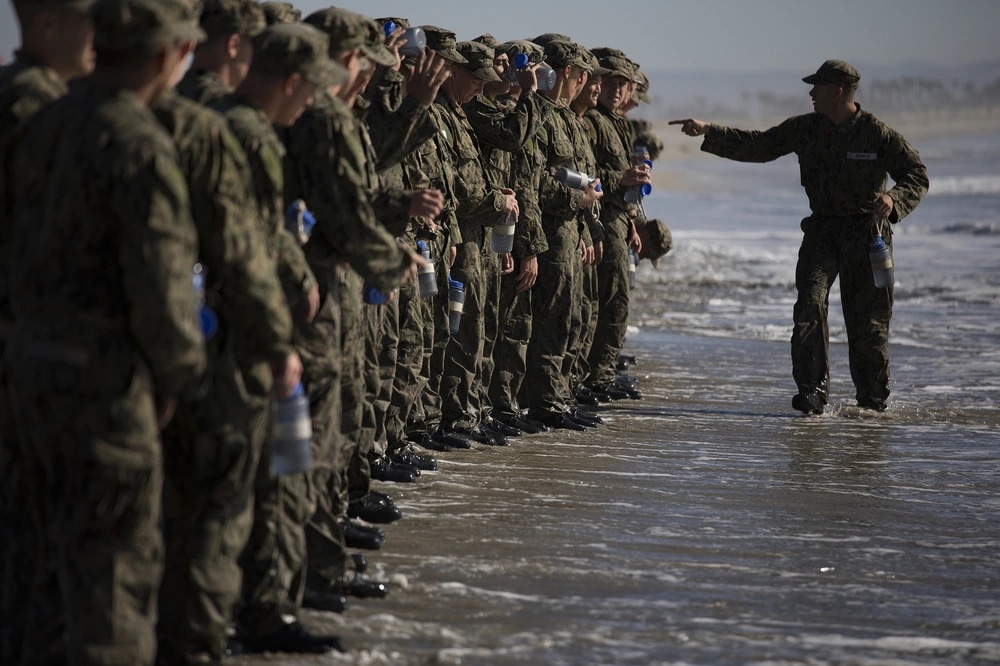
A recent report in the New York Times is sure to send shockwaves through the senior leadership of Naval Special Warfare Command (NSWC), which commands the U.S. Navy SEALs. The report stated that the recent death of BUD/S trainee Kyle Mullen has revealed a culture of “brutality, cheating, and drugs” at BUD/S, with “dozens” of unnamed SEALs and recent BUD/S graduates stating that the use of performance-enhancing drugs (PEDs) has become rampant in SEAL training over the last decade.
After syringes and PEDs were discovered in Mullen’s vehicle in the wake of his death, the commanding officer of BUD/S ordered mandatory drug testing. Forty trainees either tested positive or admitted to using “steroids or other drugs in violation of Navy regulations,” according to the New York Times article.
This author should state at the outset that I never witnessed the use of any kind of performance-enhancing drug or steroid in my time at BUD/S, nor did I use them. I never heard anyone speak about using them, either. That does not mean it did not happen, but I feel pretty confident that it was not an issue 20 years ago at BUD/S. It was all our class corpsman, Jeff Taylor, could do to get his fellow trainees to reliably take a daily vitamin provided by the medical staff. We were also provided prophylactic antibiotics during Hell Week, given the high incidence at that time of necrotizing fasciitis at BUD/S.
The recently discovered widespread use of PEDs should trouble Naval Special Warfare Command, as it does myself and a handful of other current and former SEALs I have spoken to in recent days. One (older) former SEAL could not bring himself to fully believe the New York Times article, and another, a more recent BUD/S graduate, was not surprised to learn of Mullen’s “juicing.” There is clearly a problem at BUD/S with this rampant use of PEDs, and it makes one suspect that their use is also occurring within the ranks of the teams themselves.
Related: Can the Naval Special Warfare’s new command fix the problems of the Navy’s elite?
Could PEDs have a place in the military?
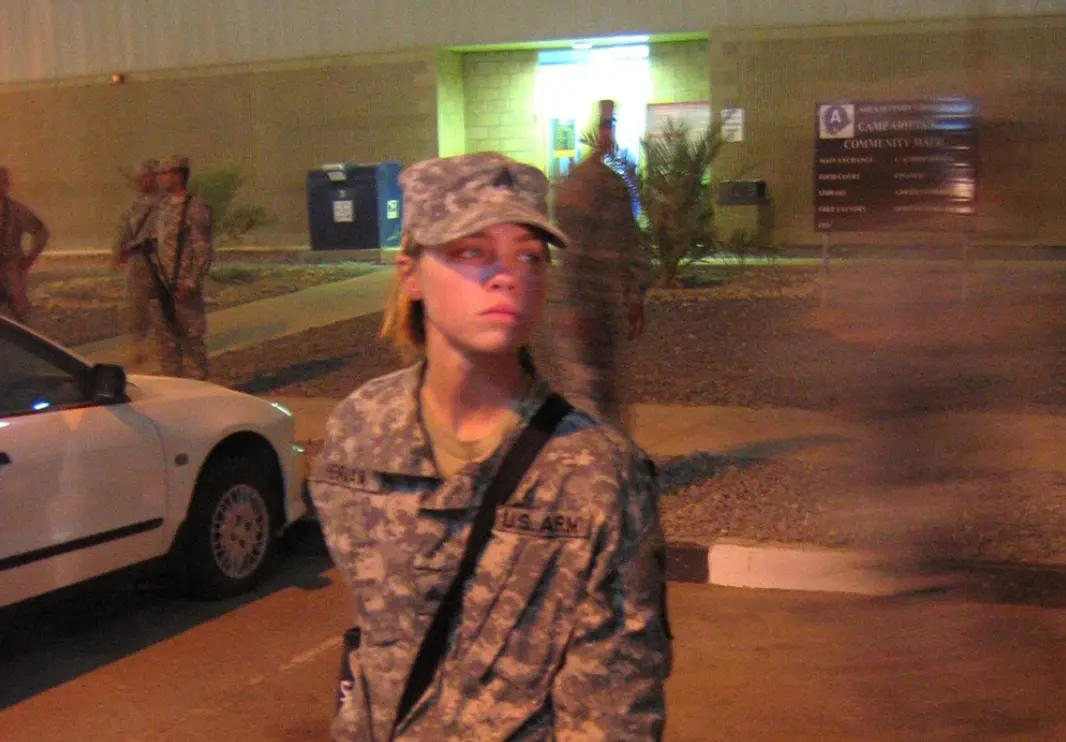
While the use of many PEDs and steroids is obviously forbidden in competitive athletic competitions, some are undoubtedly less willing to call for their outright ban among military members. The argument goes, why should our soldiers not take advantage of every possible opportunity to gain an edge? There are also valid arguments, it seems to me, to be made for the tightly-controlled use of various “uppers” in combat, especially for pilots on extended mission profiles, for example. But the emphasis there should be on “tightly controlled.” Medical personnel should oversee any such program and the use of those pharmaceutical aids.
To this author, it seems that Naval Special Warfare, the larger Navy, and in fact, the entire Department of Defense, needs to look seriously at this issue. They need to not only investigate the widespread use of these substances across the ranks, but also launch a medical research program to attempt to determine if some substances should be used in various types of military operations. In other words, the study should be thorough and expansive, in an attempt to see what kind of problem really exists, what the options are to deal with it, and what changes need to be made across the board when it comes to PEDs and other performance aids in the military.
This is not a problem to be ignored, or dealt with in a reactionary way. It requires a thoughtful and realistic approach, so that military members are protected from the negative effects of these substances, but also given every possible advantage in combat.
Feature Image: U.S. Navy SEAL candidates participate in Basic Underwater Demolition/SEAL (BUD/S) training. SEALs are the maritime component of U.S. Special Forces and are trained to conduct a variety of operations from the sea, air and land. (U.S. Navy photo by Petty Officer 1st Class Abe McNatt)
Read more from Sandboxx News
Related Posts
Sandboxx News Merch
-

‘AirPower’ Classic Hoodie
$46.00 – $48.00 Select options This product has multiple variants. The options may be chosen on the product page -

‘Sandboxx News’ Trucker Cap
$27.00 Select options This product has multiple variants. The options may be chosen on the product page -

F-35 ‘Lightning’ Framed Poster
$45.00 – $111.00 Select options This product has multiple variants. The options may be chosen on the product page
Frumentarius
Frumentarius is a former Navy SEAL, former CIA officer, and currently a battalion chief in a career fire department in the Midwest.
Related to: Breaking News, Military Affairs
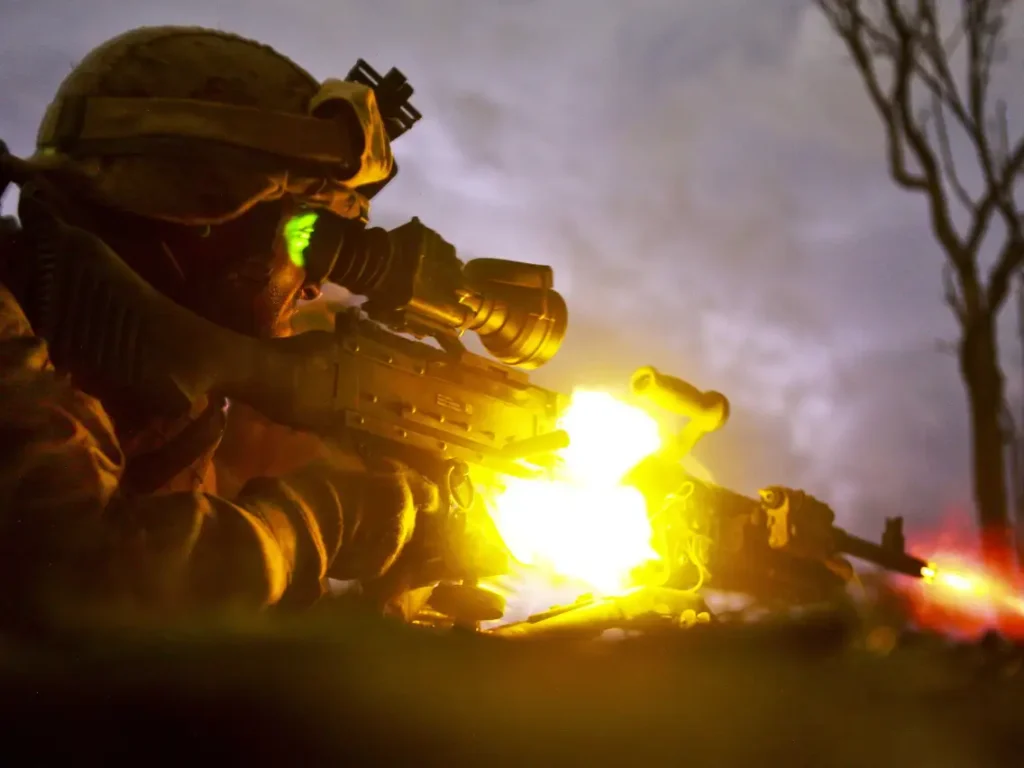
How US Special Forces took on Wagner Group mercenaries in an intense 4-hour battle
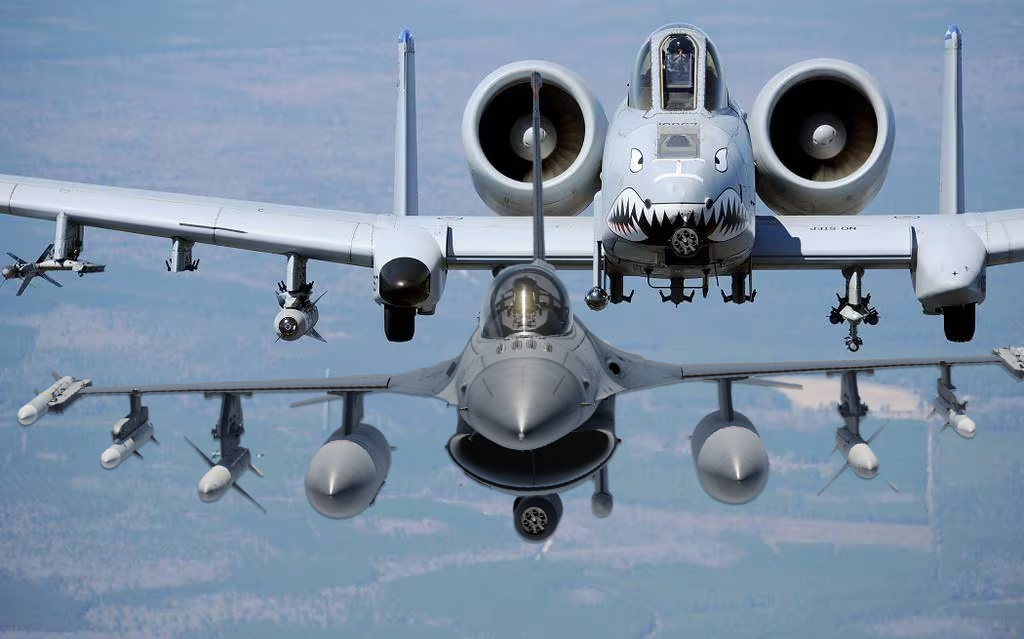
F-16s carrying the A-10’s 30mm cannon actually saw combat
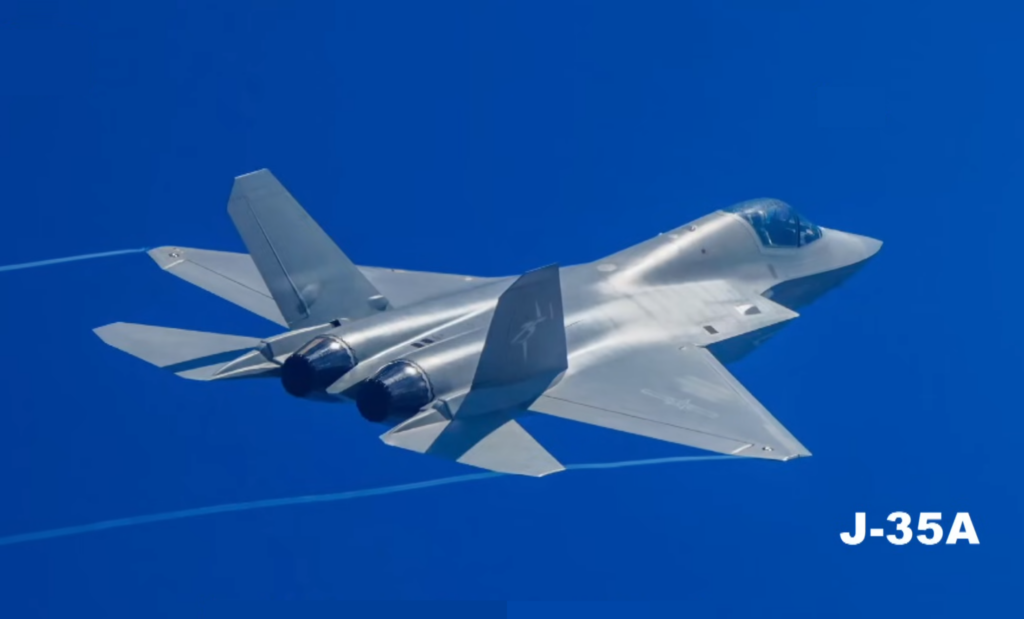
How does China’s new J-35 stealth fighter compare to America’s F-35?
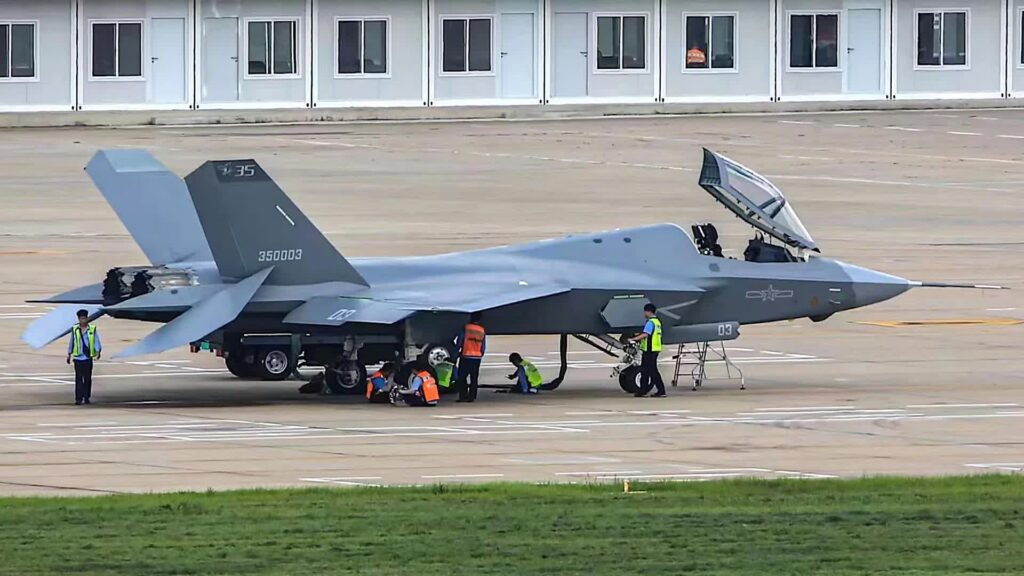
Why China’s new J-35 jet could mean trouble for America
Sandboxx News
-

‘Sandboxx News’ Trucker Cap
$27.00 Select options This product has multiple variants. The options may be chosen on the product page -

‘AirPower’ Classic Hoodie
$46.00 – $48.00 Select options This product has multiple variants. The options may be chosen on the product page -

‘AirPower’ Golf Rope Hat
$31.00 Select options This product has multiple variants. The options may be chosen on the product page -

‘Sandboxx News’ Dad Hat
$27.00 Select options This product has multiple variants. The options may be chosen on the product page
